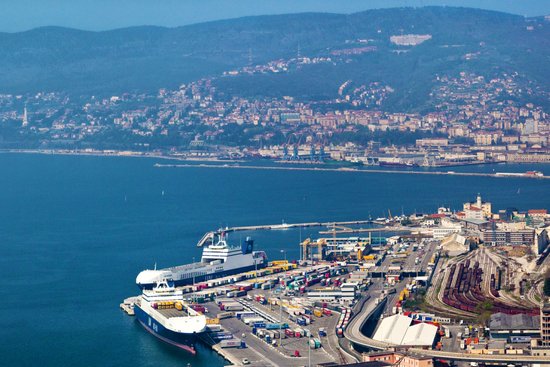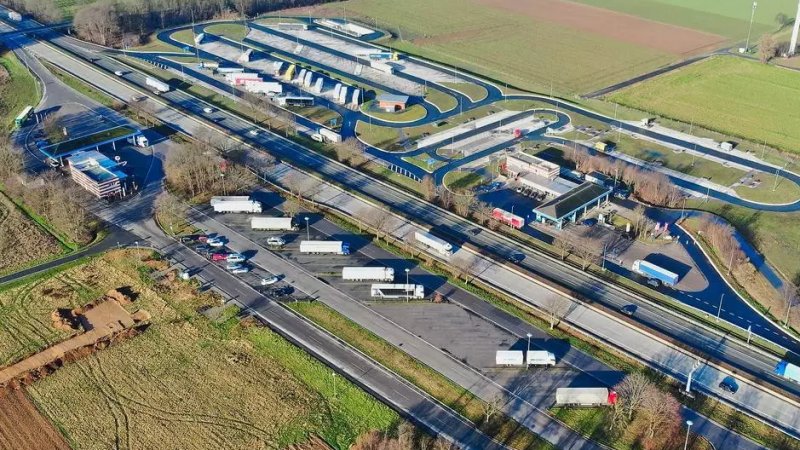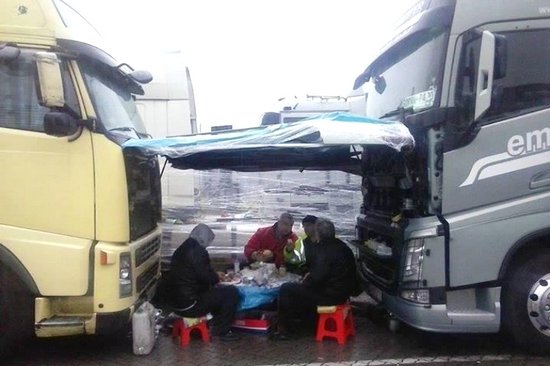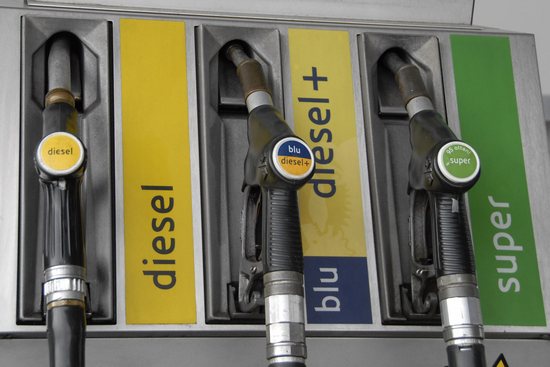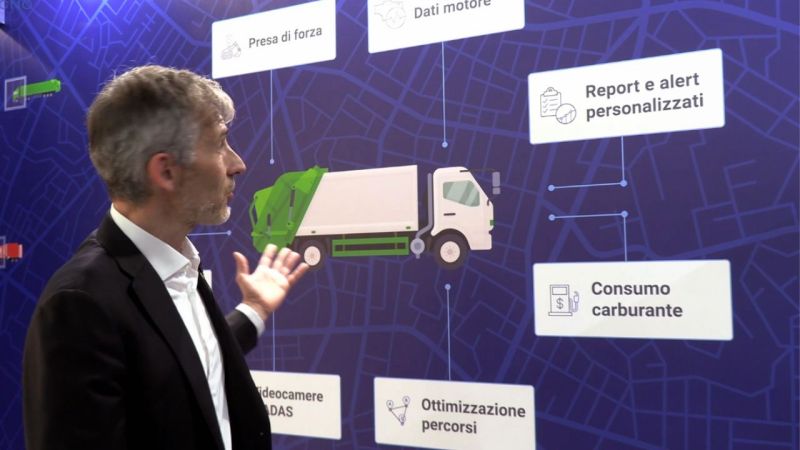The Houthis have been attacking maritime traffic between the Arabian Sea and the Red Sea for over a year, and the intensifying conflicts in Gaza and Lebanon do not signal an improvement for container shipping. Consequently, most container ships will continue to avoid the Suez Canal, opting instead to circumnavigate Africa, which increases the travel time between Asia and Europe by about ten days, negatively affecting operational costs and delivery punctuality.
How might the Red Sea crisis evolve? Boston Consulting Group attempts to answer this question in a study titled "What's Next for Container Shipping in the Red Sea Crisis," which presents four possible scenarios: a rapid end to the attacks by 2024, a military escalation with Western intervention, prolonged instability until 2026, and finally, a total escalation involving the entire Arabian Peninsula. Each of these scenarios carries different implications for the sector, from the potential normalization of shipping routes to the need for long-term diversification of trade routes.
The first scenario envisions the Houthi attacks subsiding by the end of 2024, thanks to a combination of sporadic responses from Western forces, the depletion of Houthi resources, and potential diplomatic developments leading to a cessation of hostilities in the region. If this scenario unfolds, maritime traffic through the Red Sea would gradually resume, though normalization of operations would still take time. Shipping companies would face months of congestion at ports as operations adjust to changes in ship arrival times. Full efficiency would only return after a long adjustment period, and transportation costs could remain elevated until the original routes are fully restored.
In the second scenario, Houthi attacks escalate until Western forces, particularly the United States and the United Kingdom, decide to intervene with significant military action, ending the crisis in early 2025. This escalation would lead to a period of intense instability, followed by gradual normalization by the end of 2025. Even if the crisis ends, shipping companies may choose to diversify their routes to mitigate future risks linked to conflict situations. This could result in a moderate shift toward alternative trade corridors, such as the India-Middle East-Europe corridor or the Iraq-Turkey route, though these would require additional investments and infrastructure to become viable in the long term.
The third scenario envisions a decrease in attack intensity but continued instability until 2026, with no unified response from Western and regional allies. The crisis would remain contained within the Red Sea, but the lack of long-term security would make the situation unsustainable for many in the industry. Shipping companies would have to operate with high costs and diverted routes, leading to aggregated economic losses for the region. This scenario could further push trade toward other corridors, but alternative options would remain limited due to infrastructural constraints and operational challenges. Medium-term consequences would include reduced commercial activity in the Red Sea and increased pressure on ports along other routes, such as those in India and Sri Lanka, which would face higher traffic volumes.
The fourth and final scenario is the worst-case outcome, where the attacks escalate to involve the entire Arabian Peninsula in a large-scale conflict. In this case, the Red Sea would become inaccessible for commercial shipping, and all maritime traffic would be diverted around the Cape of Good Hope. Shipping rates would rise further, resulting in significant and prolonged economic impacts for both the region and global trade. The closure of the Bab el-Mandeb Strait would lead to a loss of the Red Sea's relevance as a strategic commercial hub, with trade shifting toward alternative routes and a consequent reorganization of global logistics. This scenario would also see a decline in shipping demand from the Far East to Europe, with an estimated 1% reduction in global GDP. Ports in the Arabian Peninsula, such as those in Saudi Arabia, would lose their role as transit hubs, while alternative ports in other regions would gain prominence.
The analysis also highlights that shipping companies have already exhausted short-term strategies, such as redeploying vessels and negotiating alliances to share costs. Companies have tried to improve resource utilization by increasing sailing speeds and reducing port layover times, but these measures have limited effectiveness and come with additional costs. The authors argue that the industry will need to adapt to a global environment characterized by greater geopolitical instability, investing in rapid response capabilities and resilience.
This means not only being ready to divert routes or increase capacity in response to sudden crises but also building more robust and flexible logistics networks. In particular, the report suggests following the example of commodity operators, who have developed strategies to operate in volatile regions while maintaining long-term profitability. These strategies include using smaller, agile fleets, diversifying suppliers, and forming local partnerships to improve security and operational continuity.
Beyond operational strategies, the document emphasizes the importance of a broader approach to resilience that also includes financial and technological dimensions. Investments in new technologies, such as port process automation and the use of real-time data to optimize routes, could represent a significant competitive advantage during a crisis. The use of drones and advanced control systems to ensure the security of maritime routes is another example of how technological innovation can help the industry better manage threats. Shipping companies should also consider more flexible insurance options that cover specific risks related to conflicts and geopolitical instability, providing better protection for their activities.


